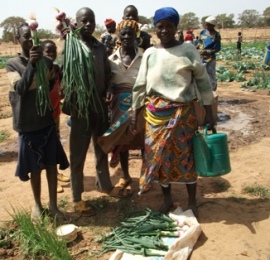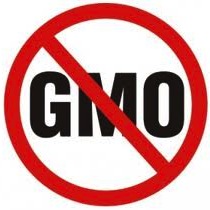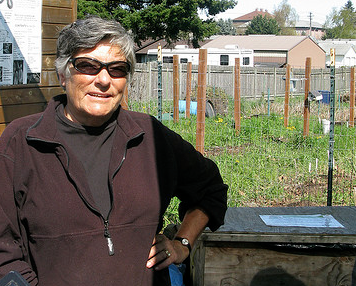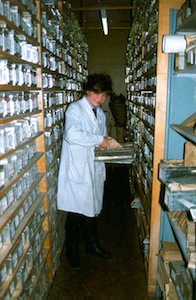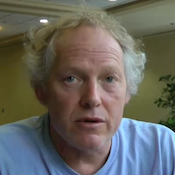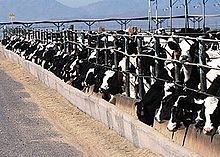West Africa: Women in Agriculture
Fatou Batta, Co-Coordinator for West Africa from Groundswell International, spoke recently in Seattle about the causes of food insecurity in Africa, particularly in Burkina Faso; the role of rural women in agricultural production and food security; the challenges rural women face; and some of the solutions they have developed.

